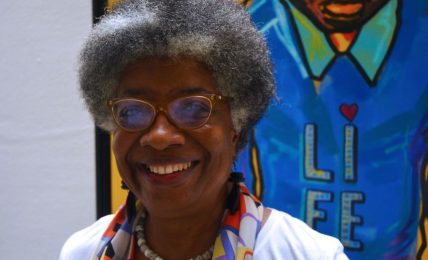The Case of the Modern Male African Comedian
This phenomenon, of men conveniently being women, to capture the profits of content creation is becoming rampant among African content creators, and specifically Kenyan content creators, but why the proliferation of negative stereotyping?








